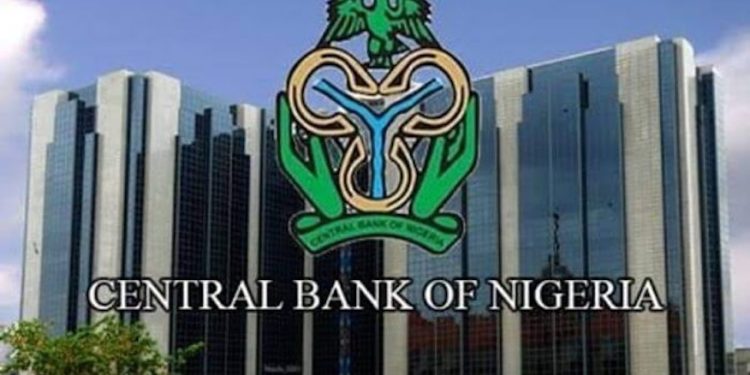Banks with heavy exposure to government deposits may need to adjust their strategies after the Central Bank of Nigeria (CBN) introduced a 75 per cent Cash Reserve Ratio (CRR) on non-Treasury Single Account (TSA) deposits.
CBN Governor Olayemi Cardoso, who read the communiqué at the end of the Monetary Policy Committee’s two-day meeting, said the move was aimed at tightening liquidity management in the financial system.
Cardoso explained that while inflation has shown consistent signs of slowing, the MPC flagged the persistent build-up of excess liquidity, largely driven by fiscal releases from improved government revenues.
TSA balances refer to the revenues, receipts, and payments of federal ministries, departments, and agencies directly held at the CBN. In contrast, non-TSA deposits represent funds of state and local governments typically maintained with Deposit Money Banks. According to the CBN, these balances tend to swell after Federation Account Allocation Committee (FAAC) distributions, injecting liquidity into the system and impacting foreign exchange stability as well as inflation.
The new CRR policy is expected to compel banks to rebalance their funding models by attracting more private sector deposits to offset the reduced flexibility in deploying government funds.















